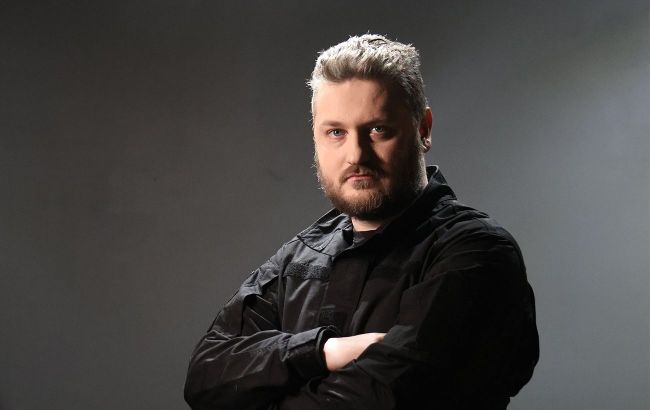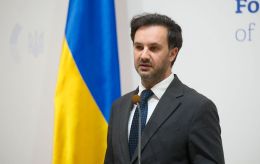NATO's key error on Russia flagged by Center for Countering Disinformation
 Photo: Head of the Center for Countering Disinformation (CCD) Andrii Kovalenko (Eugen Kotenko _ Ukrinform_Future Publishing GettyImages)
Photo: Head of the Center for Countering Disinformation (CCD) Andrii Kovalenko (Eugen Kotenko _ Ukrinform_Future Publishing GettyImages)
NATO countries are making a mistake by not seeing Russia as an enemy. This could lead globally to a new war within 4-6 years — and not in Ukraine.
This view was expressed by Andrii Kovalenko, head of the Center for Countering Disinformation (CCD) on Telegram.
According to him, despite the presence of many analytical centers in the US that have studied Russia for years, the American political elite still does not understand a basic fact: Russians do not think in terms of compromise, and Putin’s regime is not guided by logic of gain, deterrence, or "rules of the game."
"His mentality is a fanatical belief in power, a historic mission, and the right to dominate. This is not a rational behavior model that can be scared off by sanctions or forced to peace through restrained diplomacy," Kovalenko explained Russia’s position.
At the same time, in his view, it is easier for Washington to see Russia as a "problematic partner" rather than a determined enemy, as this leaves room for negotiations. However, Russia does not negotiate — it exploits weakness.
"All attempts at "resets", "red lines," and "Normandy formats" were seen by Putin not as chances to agree but as signs of Western fear. He bought time. Now it’s the same. Negotiations are only needed to buy time for a summer offensive. Russia’s goal is not to face US sanctions here and now and to avoid giving a reason to provide us with more weapons. Why don’t NATO capitals see this? Because they view Russia through a liberal lens — projecting their values onto someone who despises them," he added.
Kovalenko stresses this is not about a lack of information — it’s about an unwillingness to accept a harsh truth, and this mistake has already cost thousands of lives.
"If this continues, Europe will face a war in the Baltics in 4–6 years — not only with Russia but also with Koreans and Iranian proxies," he says.
Threat to Baltic countries from Russia
At the end of March, the defense ministers of Estonia, Latvia, and Lithuania openly expressed concern that Russia will not stop at Ukraine once a ceasefire is established.
The Baltic countries noted that the Kremlin has already outlined plans to increase military production and deploy additional troops along their borders.
After this, Lithuanian Foreign Minister Gabrielius Landsbergis commented on the risk of a Russian invasion of the Baltics. He highlighted several factors and reminded that Russia has always been a threat to Lithuania, Latvia, and Estonia.

